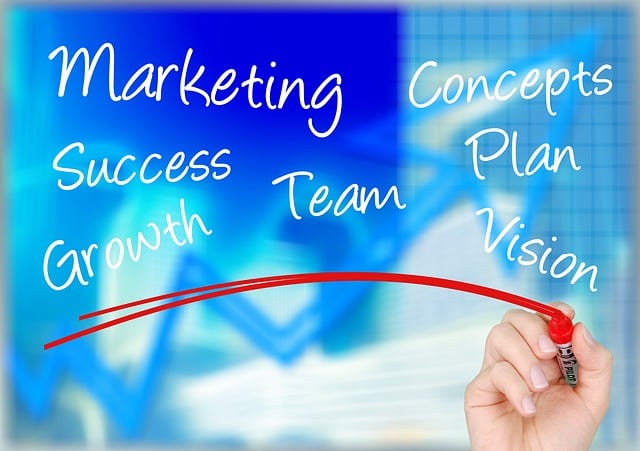In today's digital era, businesses are leveraging AI-driven table turnover optimization powered by machine learning algorithms and data analysis for precise sales forecasting. This technology accounts for market dynamics, customer behavior, and seasonal trends to optimize inventory management, pricing strategies, and resource allocation. By enhancing prediction accuracy, it helps companies reduce waste, enhance customer satisfaction, and ultimately drive business growth and operational efficiency, especially in industries like restaurants, hotels, and retail.
In today’s data-driven landscape, AI business sales forecasting solutions are revolutionizing the way companies predict and optimize their revenue. This article explores how artificial intelligence is transforming sales forecasting, with a focus on AI-driven table turnover optimization. We delve into understanding the role of AI in enhancing accuracy, optimizing table turnover using machine learning models, and implementing AI solutions for sustainable business growth. By leveraging these advanced techniques, organizations can make informed decisions and stay ahead in the market.
- Understanding AI's Role in Sales Forecasting
- Optimizing Table Turnover with Machine Learning Models
- Implementing AI Solutions for Enhanced Business Growth
Understanding AI's Role in Sales Forecasting

In today’s digital era, businesses are increasingly turning to Artificial Intelligence (AI) to gain a competitive edge. One area where AI is making significant waves is sales forecasting. By leveraging machine learning algorithms and vast amounts of data, AI-driven table turnover optimization becomes a powerful tool for predicting sales trends and performance. This capability allows businesses to make more informed decisions, allocate resources effectively, and ultimately drive growth.
AI transforms traditional sales forecasting by considering not just historical data but also complex factors like market dynamics, customer behavior, and seasonal trends. It can identify patterns and correlations that human analysts might miss, enabling companies to refine their forecasts with remarkable accuracy. This level of precision is crucial for optimizing inventory management, pricing strategies, and resource allocation, leading to improved operational efficiency and increased profitability.
Optimizing Table Turnover with Machine Learning Models

In today’s digital age, businesses are constantly seeking innovative ways to enhance their sales forecasting processes, and AI-driven table turnover optimization is a game-changer in this regard. Machine learning models can analyze vast amounts of historical data, including customer behavior patterns, market trends, and seasonal variations, to predict future demand accurately. By leveraging these models, companies can optimize their inventory management, ensuring they have the right products available when customers need them most.
This technology allows businesses to anticipate table turnover, which is crucial for restaurants, hotels, and retail stores. With AI, operators can dynamically adjust pricing based on real-time supply and demand, increasing revenue potential. Moreover, by predicting popular items and popular times, establishments can streamline their operations, reduce waste, and enhance overall customer satisfaction.
Implementing AI Solutions for Enhanced Business Growth

Implementing AI solutions offers a transformative path for businesses aiming to accelerate growth and gain a competitive edge. By leveraging machine learning algorithms, companies can analyze vast amounts of historical data, market trends, and customer behavior patterns to make informed decisions. This capability is particularly pivotal in sales forecasting, where precise predictions are essential for strategic planning and resource allocation.
AI-driven table turnover optimization, for instance, enables businesses to anticipate demand fluctuations, identify peak periods, and dynamically adjust pricing strategies. Such insights can lead to improved inventory management, reduced waste, and increased revenue. Moreover, AI algorithms can uncover hidden correlations between various data points, providing valuable insights that traditional methods might miss. This allows businesses to tailor their sales approaches more effectively, enhance customer satisfaction, and ultimately foster sustainable growth.
AI business sales forecasting solutions, by leveraging machine learning models, offer transformative potential for companies aiming to optimize their table turnover and drive enhanced growth. By understanding AI’s role in sales forecasting and implementing these innovative tools, businesses can make more informed decisions, improve operational efficiency, and ultimately achieve greater success in a competitive market. AI-driven table turnover optimization is not just a trend; it’s the future of sales intelligence and strategic planning.
